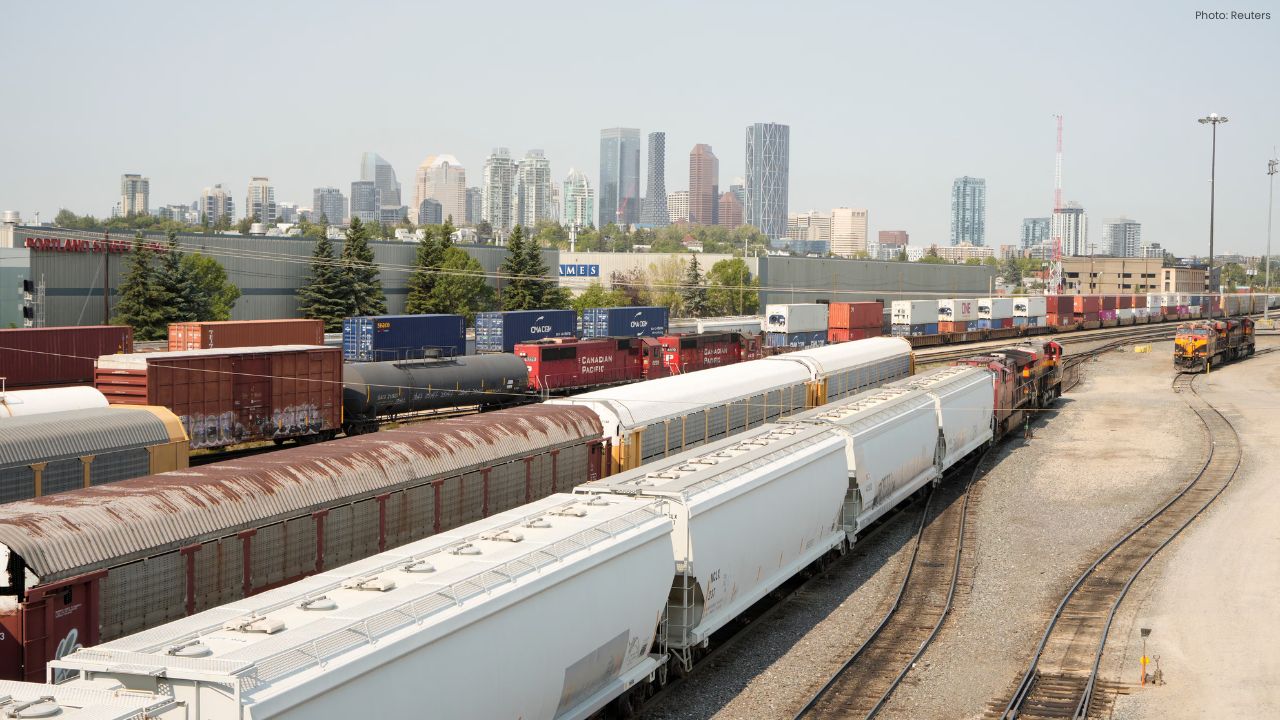
Pakistan Women Face Tough Challenge Against Experi
Pakistan’s women’s team braces for World Cup clash with Australia, facing experienced opponents on u

Via Rail has announced $31 million in travel vouchers for passengers affected by significant delays, a result of ongoing disputes with Canadian National Railway (CN) and newly imposed speed restrictions at rail crossings. The compensation applies to passengers whose trains were more than one hour late on the busy Quebec City-Windsor corridor, with vouchers covering 50% of fares for delays over an hour and 100% for delays exceeding four hours.
The $31-million figure represents about seven per cent of Via Rail’s total 2024 revenue, highlighting the scale of operational issues faced by the Crown corporation since last year’s Thanksgiving weekend.
“This is not good news for anyone. As taxpayers, we can't be happy to have to pay penalties like these, and it is even worse for users,” said Jacques Roy, a retired logistics professor at HEC Montréal. “This is really a reflection of bad service.”
Safety Dispute with CN Slows Trains
The delays stem from a conflict with CN over safety measures at rail crossings. CN argued that Via’s new Venture trains, introduced in 2022, do not have enough axles to reliably trigger automatic safety systems at crossings. While a train composed of one locomotive and five cars has only 24 axles, CN requires 32 axles to activate crossing barriers and signals consistently.
As a result, CN imposed speed restrictions on Via trains at all shared crossings. Engineers often reduced speeds from a maximum of 160 km/h to below 80 km/h to ensure safety measures were activated.
Before the dispute, 45% of trains on the Quebec City-Windsor corridor ran on time. By August 2025, that number had fallen to 29%, with around 15% of trains delayed by more than an hour.
Government Response and Passenger Frustration
Transport Minister Steven MacKinnon criticized Via’s performance, stating that it was “unacceptable” and damaging both passenger experience and business strategy.
Passengers, meanwhile, have faced record delays, leading to mounting frustration. “It's a bit discouraging for users who already suffer from a lack of reliability,” Roy said.
Via defines trains as “on time” if they arrive within 10 to 15 minutes of the scheduled arrival. However, the ongoing conflict has made delays more frequent and severe.
Interim Measures and Future Outlook
In August, Via reached a temporary agreement with CN to allow trains to maintain a constant, though reduced, speed across longer segments without manually confirming the activation of safety systems. Via spokesperson Karl Helou described this as “a step forward, but not a definitive solution,” noting that it is too early to determine its full impact on on-time performance.
CN maintains that the speed limits are necessary to ensure crossing safety, while the dispute continues in Quebec’s Superior Court, which previously denied Via’s request to remove the restrictions. The federal Ministry of Transport is also attempting to mediate between the two parties, though changes in cabinet leadership have slowed negotiations.
Both Via and CN emphasize that safety remains their top priority, but disagreements over the scope of the problem and appropriate measures persist.